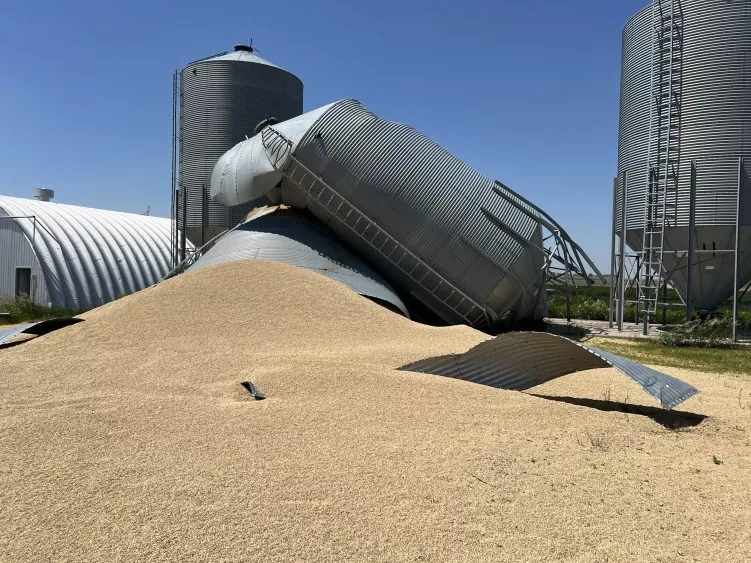Last Friday, the second largest shipping company in the world announced a stoppage of shipments through the Red Sea as a result of militant attacks on ships.
Danny Munch, American Farm Bureau Federation Economist, says the attacks are impacting a major trade route. Munch says, “The attacks from the Houthi militants have pushed many exporters to look for safer routes. The Suez Canal is the most cost-effective way to carry goods from Eastern Asia to Europe and parts of the Middle East, as well as all those goods traveling in the opposite direction. Estimates put it as much as 15 percent of world trade occurs through the Red Sea, including about eight percent of grain trade.”
Diverting around the area at minimum means an extra ten days needed to complete the routes. Munch says, “This means ten days of additional wages for the crew, ten days worth of more fuel and ten days of general delay to a buyer, which is more sensitive in perishable food products. It also means ships are not returning as quickly as they have been and that reduces the overall capacity of the broader global shipping systems.”
Munch says the issue is not impacting farmers now, but agriculture may see impacts if attacks continue.
He says, “Long-term disruptions though can have impacts on U.S. farmers. We are already seeing that surcharges have been added onto a lot of ag exporters already without a 30 day notice which is actually mandated by the Federal Maritime Commission, so it won’t be long until farmers who have exported goods to those regions may feel a pinch. So, we’ll be watching this closely.”



